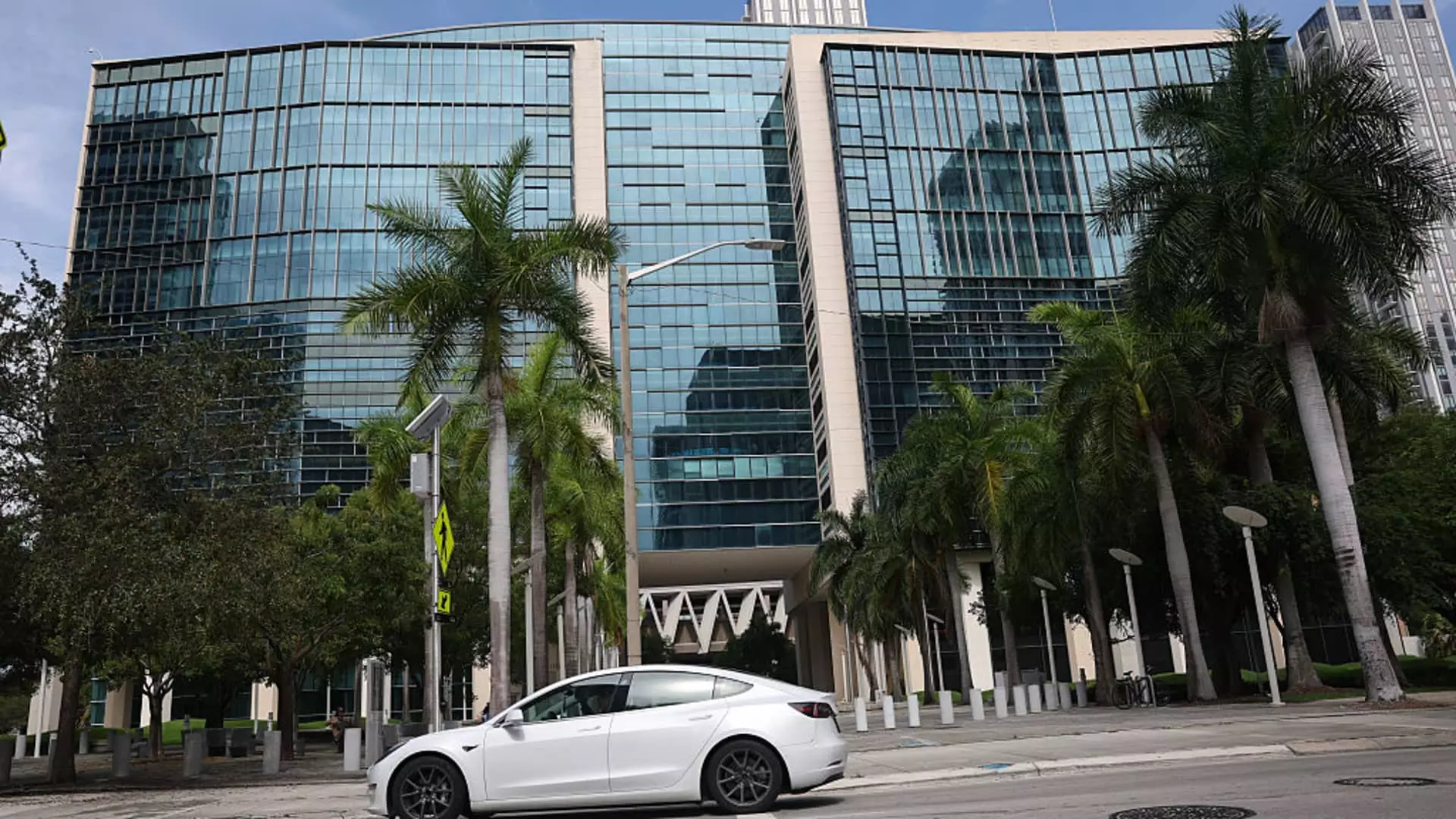Tesla’s ongoing legal battle over a catastrophic crash in 2019 lays bare a fundamental debate about technological progress and corporate accountability. As the first of its kind to reach a federal jury, this case is more than a mere legal skirmish; it’s a litmus test for the burgeoning autonomous vehicle industry. While Tesla champions its Autopilot system as a marvel of innovation, critics argue it embodies a reckless hubris that could cost lives. This confrontation underscores a broader concern: should corporations push technology that verges on the dangerous or slow down to ensure safety and transparency? The trial’s outcome could redefine the stakes for automakers and their responsibility toward consumers and public safety.
A Flawed Promise or a Revolutionary Step?
Throughout the proceedings, Tesla’s advocates emphasize their commitment to advancing automotive technology that aims to save lives—a noble goal in theory. Yet, the narrative is complicated by the company’s historical overstatements about Autopilot’s capabilities. Elon Musk’s recurrent claims about autonomous driving’s near-perfect safety risks fostering false confidence in drivers. This situation reveals a perilous undercurrent: when innovation becomes more about market dominance and shareholder profits than genuine safety, the risk of catastrophe escalates. The debate hinges on whether Tesla adequately warned users of its Autopilot limitations or exploited the allure of cutting-edge tech to mask dangerous flaws. If the court finds that Tesla deliberately oversold its systems, it could impose sanctions that halt or constrain the rapid deployment of autonomous vehicle features, thereby delaying technological progress out of concerns over safety.
The Ethical Quandary of Corporate Responsibility
The core of this trial revolves around the question: did Tesla prioritize profits over people? Plaintiffs allege that Tesla’s marketing and design choices created a false sense of security, leading drivers like McGee to rely blindly on Autopilot despite its semi-automated nature. The tragic death of Naibel Benavides underscores the devastating consequences of this negligence. From a center-right perspective leaning toward corporate responsibility guided by ethical standards, the case spotlights a critical balance between innovation and accountability. Corporations, especially those developing essential safety-related technologies, have an obligation to ensure their products do not endanger lives—regardless of the dollars at stake. If Tesla’s conduct is proved reckless or misleading, it sets a dangerous precedent: technology must serve public safety first, not just corporate growth.
The Broader Implications for Innovation and Regulation
This legal showdown signals a potential watershed moment for the autonomous vehicle sector, which teeters between revolutionary change and unregulated recklessness. Too often in Silicon Valley and tech-driven industries, stories of overpromising and underdelivering are cloaked in hype, leaving consumers vulnerable. The court’s decision could either reinforce the necessity for tighter regulations and clearer standards or embolden automakers to continue racing towards autonomous futures without sufficient oversight. As a center-right liberal leaning individual, I believe that innovation must not outpace prudence. Governments and industry stakeholders should establish firm, enforceable safety benchmarks—ensuring development benefits society rather than just shareholders. The trend of settling cases or moving disputes into arbitration, while convenient for companies, should not become a shield against accountability.
The Societal Cost of Cutting Corners in Innovation
Allowing corporations to skirt responsibility in the pursuit of technological supremacy risks normalizing shortcuts that could cost lives in the future. Tesla’s case exposes a pattern of aggressive marketing and rapid development that prioritizes market share over safety. While technological progress is vital for societal advancement, it should not come at the expense of human lives. The American legal system, in refusing to dismiss this case, acknowledges the importance of holding powerful corporations accountable—sending a clear message that safety must be paramount. The outcome of this case is likely to reverberate beyond Tesla, influencing policy, regulation, and public perception of autonomous driving—a technology that, if mishandled, could do more harm than good. The challenge lies in fostering innovation that respects human dignity and safety, not just shareholder value.

